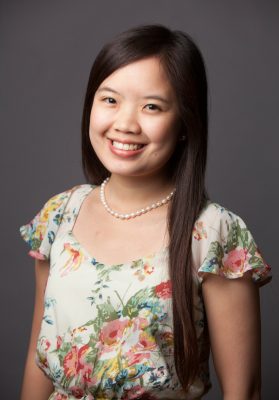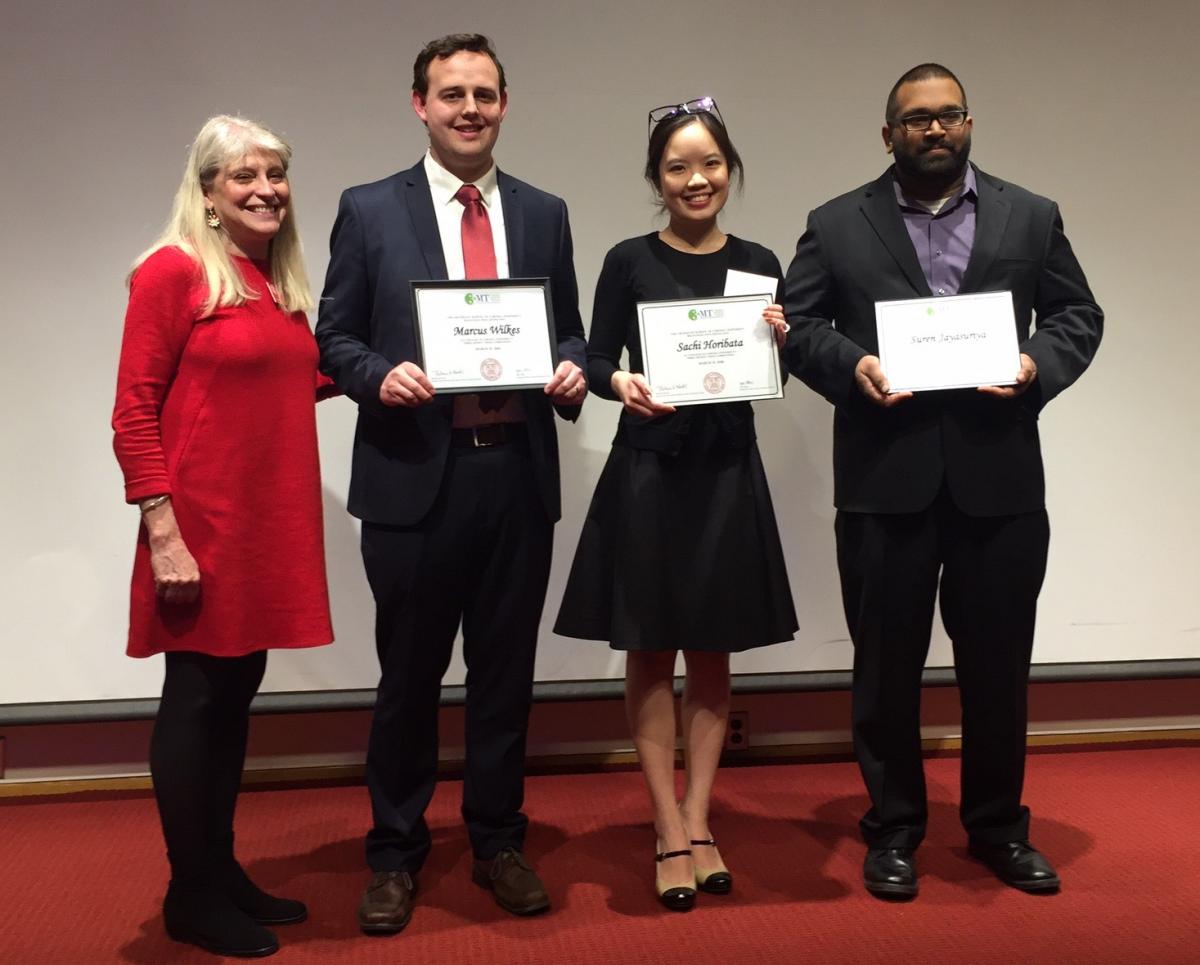Student Spotlight: Sachi Horibata

This March, Sachi Horibata was named the winner of this year’s Three Minute Thesis competition for her work titled “PAD12 – New Approaches to Treating Breast Cancer.” See her presentation here.
What is your area of research?
My area of research and expertise is on cancer biology, particularly breast cancer.
What inspired you to choose this field of study? Why is this research important?
During my second year of undergraduate study, my grandmother was diagnosed with ovarian cancer. That motivated me to join a laboratory that worked on understanding how and why ovarian cancer spreads. Unfortunately, my grandmother passed away within a year. I was devastated and actually almost lost reason to pursue research any further. However, I presented at the undergraduate research symposium and that is when someone who lost their loved ones to cancer came up to me and thanked me sincerely for my work. That is when I realized how important research is to the advancement of treatment options for patients. That inspired me to continue my work in the field of oncology.
How has your background influenced your scholarship?
Before I came to Cornell, I had severe stage fright. A week before a presentation, I would always not be able to sleep well or eat properly. On the day of the presentation, I would get so nervous that my heart would beat so much that I could collapse. On top of that, English is my third language and I had difficulty communicating. To overcome that, I volunteered to give talks to get more exposure and I practiced all the time. I have a mentality of ‘if that is your weakness, then work on it until that becomes your strength.’ Now, giving talks is one of my favorite things to do.
What else has influenced your thinking as a researcher or scholar?
I currently volunteer at the Cancer Resource Center (CRC) for the Finger Lakes. The cancer patients who come to the CRC are like a family to me and they are the reason why I am doing what I am doing. I just simply want to do good science that I trust and truly believe in that can hopefully help the development of new precise treatments for cancer patients.

You were named the winner of this year’s Three Minute Thesis (3MT) competition. Congratulations! How did you find out about this event and what made you want to participate?
My husband is the one who informed me about the 3MT thesis competition and suggested that I sign up with him. Actually, he was one of the finalists and gave his talk immediately after me!
What was the process of paring down your work to a three-minute presentation like?
More than 200 pages worth of Ph.D. thesis in three minutes? The most difficult aspects were to keep it three minutes and to convey my key points in a language that is understandable to people not in the field. It took longer than preparing for a typical 30-minute or 1-hour talk.
Why did you choose Cornell to pursue your degree?
I chose Cornell to pursue my Ph.D. because of the umbrella program (flexibility of specialties) that my department offered. But more than that, I can sense that every single professor that I met during my recruitment knew of my background, personal statement, and recommendations. I really appreciated the fact that they took time in reading them. These details made me believe that professors at Cornell truly care about students and that made me decide to come to Cornell.
What’s next for you?
I will be pursuing my postdoctoral fellowship at the National Institute of Health (NIH) under Dr. Michael Gottesman to work on understanding the mechanism of drug resistance in cancer.
Any advice for incoming graduate students?
Learn as much as you can and be proactive. Nobody will tell you what to do. You have to motivate yourself and push yourself to your limits. Make sure you understand your weaknesses and strengths. Try to figure out exactly what you personally need to improve on. Take advantage of all the resources available at Cornell. Network! You never know what opportunities will lay ahead of you. Most importantly, enjoy your Ph.D. life. I know it is hard or else it wouldn’t be called a Ph.D. track. If you fail, that is fine. Just get back up. I do not know how many times I failed because 99% of my experiments failed. Also, do not take criticism personally. Instead, appreciate that someone took his or her time to point out your weaknesses so that you CAN improve. Lastly, enjoy Ithaca because ‘Ithaca is Gorges.’
Interview by Sally Kral, communications and outreach assistant in the Graduate School
